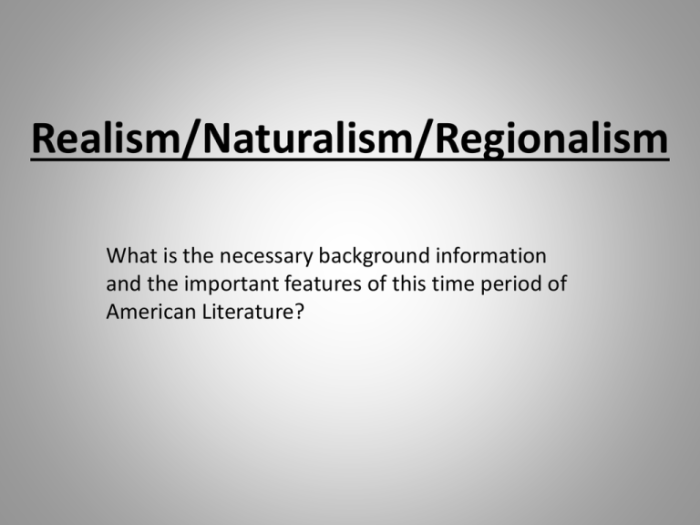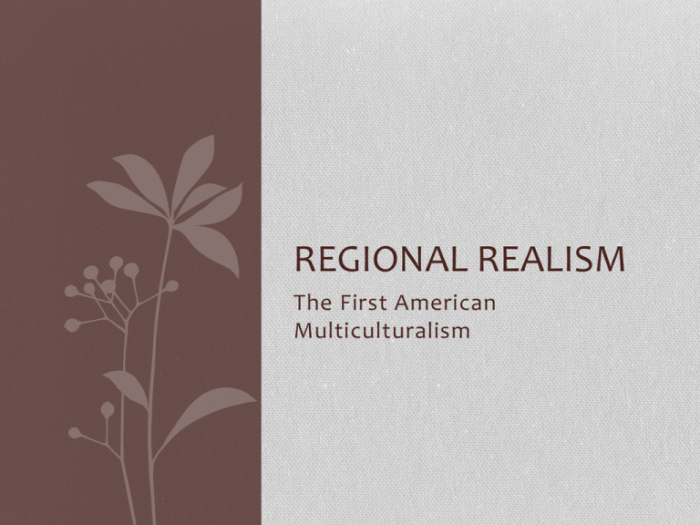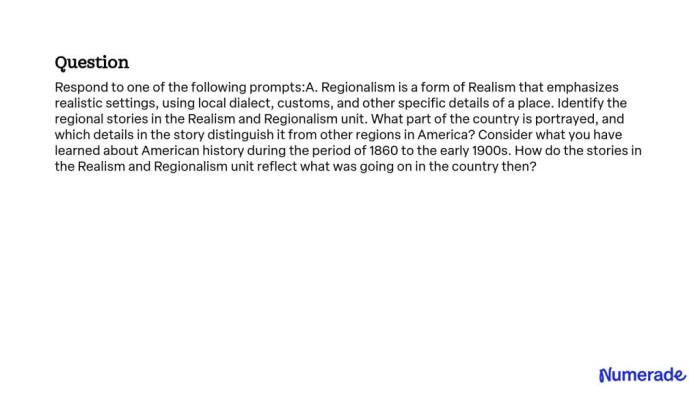A. regionalism is a form of realism that emphasize – Regionalism, a form of realism that emphasizes cooperation and integration, has emerged as a significant force in international relations. This concept, rooted in the recognition of shared interests and geographical proximity, has led to the formation of regional organizations and agreements worldwide.
Regionalism offers a unique framework for addressing common challenges and fostering economic, political, and cultural cooperation among member states. By promoting regional integration, it aims to enhance stability, prosperity, and mutual understanding within specific geographic regions.
1. Regionalism and its Characteristics

Regionalism refers to a form of international relations theory that emphasizes the importance of geographic proximity and shared interests among nations within a particular region. It focuses on the formation of regional organizations or agreements that promote cooperation and integration among member states.
Key Characteristics of Regionalism:
- Geographic proximity
- Shared history, culture, or economic interests
- Formal or informal agreements to cooperate in various areas
- Institutional structures to facilitate regional cooperation
- Common goals and objectives
Examples of Regional Organizations:
- European Union (EU)
- Association of Southeast Asian Nations (ASEAN)
- North American Free Trade Agreement (NAFTA)
- African Union (AU)
- Organization of American States (OAS)
Benefits of Regionalism:
- Increased economic cooperation and trade
- Political stability and security
- Cultural exchange and understanding
- Improved governance and rule of law
- Enhanced global cooperation
Challenges of Regionalism:
- National sovereignty concerns
- Economic disparities among member states
- Political conflicts and instability
- Dominance of powerful states
- Lack of enforcement mechanisms
Expert Answers: A. Regionalism Is A Form Of Realism That Emphasize
What are the key characteristics of regionalism?
Regionalism is characterized by shared interests, geographical proximity, cooperation, and the formation of regional organizations or agreements.
How does regionalism promote economic integration?
Regionalism facilitates economic integration through the establishment of free trade areas, customs unions, and common markets, which reduce trade barriers and enhance economic cooperation.
What role does regionalism play in political cooperation?
Regionalism provides a platform for political cooperation, conflict resolution, peacekeeping, and the promotion of democracy among member states.
How does regionalism contribute to cultural exchange?
Regionalism fosters cultural exchange by preserving cultural heritage, promoting tourism, and facilitating educational exchanges, leading to greater understanding and appreciation of diverse cultures.
What are the benefits of regionalism?
Regionalism offers numerous benefits, including enhanced economic growth, improved political stability, increased cultural understanding, and strengthened regional security.


